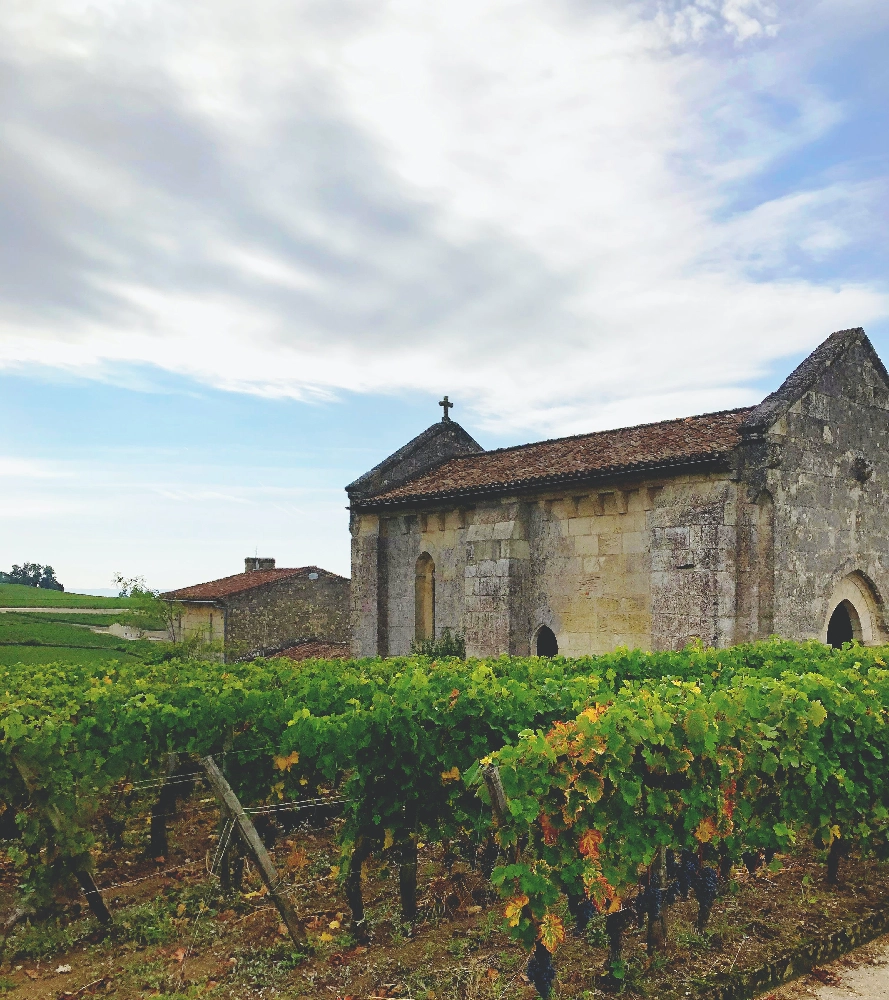
Fredericksburg in the Taxas Hill County Wineries & Wines Stats
Wineries
1
Wines
6
A Toast to Fredericksburg in Texas Hill Country: Uncovering the Historical Significance of a New World Wine Region
Introduction: Nestled within the rolling hills and sun-kissed vineyards of Central Texas lies the enchanting town of Fredericksburg, a delightful European-style gem that has become an essential destination for wine enthusiasts. Founded in 1846 by German immigrants, this charming community now boasts over 50 wineries producing a diverse range of wines, each reflecting the unique character and terroir of this New World region. In this historical review, we embark on a captivating journey to explore Fredericksburg's rich wine heritage and its significance in the world of viniculture.
Part I: Origins & Beginnings Fredericksburg's winemaking story began over 175 years ago when German settlers, seeking religious freedom and a new life, arrived in Texas. They brought with them their deep-rooted tradition of vine cultivation and winemaking, establishing the first grape arbors as early as 1845. The fertile soils and sunny climate of Fredericksburg proved ideal for viticulture, fostering the growth of vibrant grapevines and setting the stage for a burgeoning wine industry.
Part II: European Influence & Germanic Wine Traditions The profound impact of European wine traditions on Fredericksburg's winemaking legacy cannot be overstated. The settlers introduced Riesling, Blaufränkisch (also known as Lemberger), Müller-Thurgau, and other Old World varieties that would later become the foundation of the region's distinct wine styles. These grapes were carefully cultivated and transformed into exquisite wines using traditional methods and European winemaking techniques.
Part III: Texas Hill Country & Terroir The Texas Hill Country, where Fredericksburg is situated, offers a unique terroir that sets its wines apart. The region's diverse geological features – limestone outcroppings, clay soils, and rolling hills – provide the ideal conditions for vine growth. Moreover, the region's Mediterranean-like climate, characterized by hot summers and cool winters, ensures optimal grape ripening.
Part IV: Wine Styles & Significance Fredericksburg in Texas Hill Country has come to be recognized for its distinct wine styles, including the renowned Texas Riesling. These wines showcase the region's terroir and the unique character of their grapes, earning a place on the world stage. Furthermore, many Fredericksburg wineries have embraced innovation, experimenting with hybrid grape varieties and alternative wine styles that reflect the region's diverse cultural heritage.
Part V: Food Pairings & Celebrations The rich culinary traditions of Central Texas pair perfectly with the region's wines. From savory barbecued meats to delicate seafood dishes, the flavors of Fredericksburg's cuisine complement the nuances of its wines. Additionally, the community's vibrant calendar of wine-centric celebrations and events – such as the annual Texas Wine Month and the Hill Country Wine Festival – provide opportunities for locals and visitors alike to savor the fruits of this remarkable region.
Conclusion: As we raise a glass in honor of Fredericksburg in Texas Hill Country, we acknowledge the profound historical significance of this unique wine region. From its humble beginnings as a German settlement to its current status as a burgeoning New World viniculture destination, Fredericksburg has weathered the test of time while maintaining its rich traditions and deep-rooted connection to European winemaking practices. Join us on our next adventure as we continue to explore the world's most fascinating wine regions. Cheers!
Great things nearby when you are in Fredericksburg in the Taxas Hill County
Vineyard 🍷
Fat Ass Ranch & WineryVery popular!
Fredericksburg in the Taxas Hill County
United States
Vivino: 3.6
